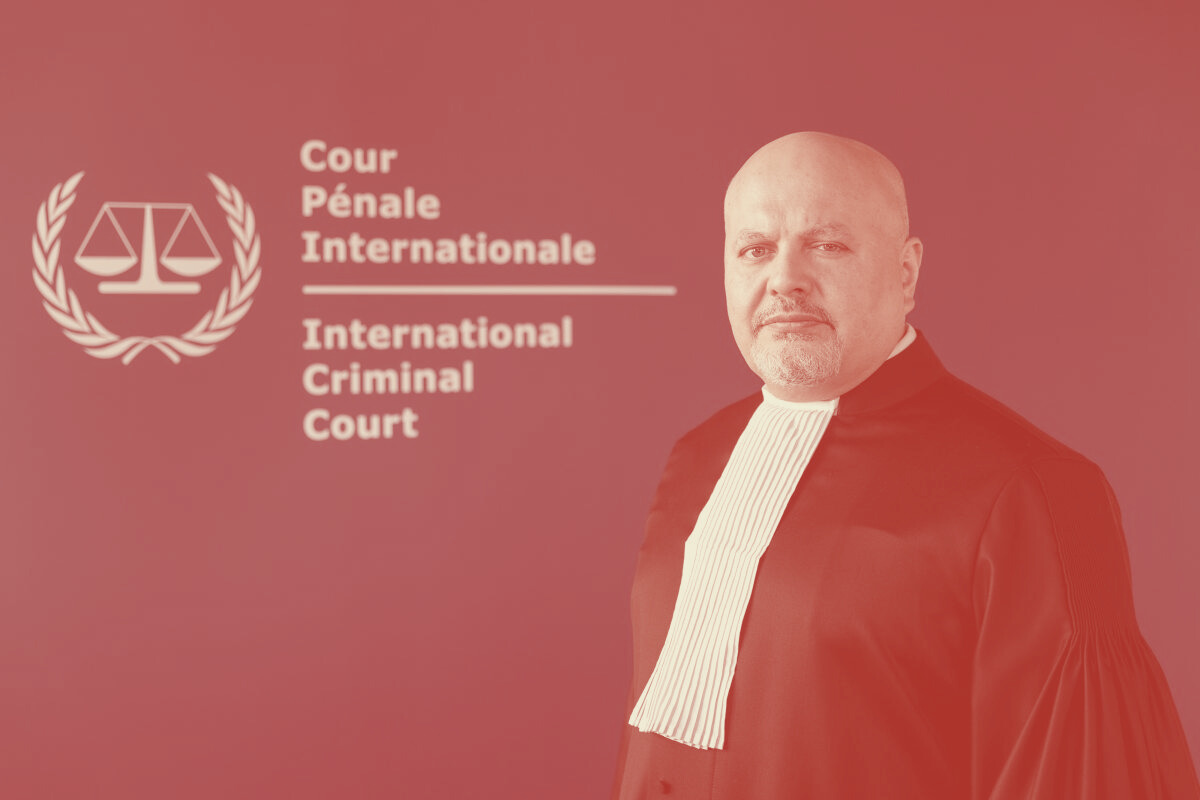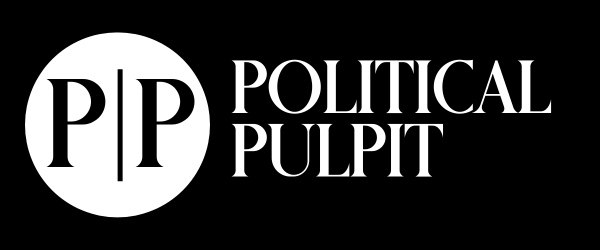The International Criminal Court (ICC) has issued arrest warrants for Israeli and Hamas leaders from The Hague this week, stemming from the war initiated by Hamas on October 7, 2023. The warrants target key figures on both sides, reflecting the ICC’s declared commitment to holding individuals accountable for alleged war crimes committed during the conflict.
The White House openly condemned the ICC’s actions, but many believed the support to be insincere. The Biden Administration has meddled so heavily in the conflict, Israel now stands to lose, despite superior armed forces. The news also comes at a time when pro-‘Palestinian’ protests are taking center stage, compelling further hatred for Jews and the Nation of Israel worldwide, irrespective of the facts surrounding the history of the dispute that continues to embroil the region in open war.
Israeli leaders, including Prime Minister Benjamin Netanyahu and senior military officials, are among those named in the arrest warrants. The ICC’s purported investigation found alleged evidence linking them to the authorization of military operations that resulted in civilian casualties and infrastructure destruction in Gaza. The warrants also extend to Israeli military commanders responsible for specific actions carried out during the conflict.
On the Hamas side, top leaders such as Yahya Sinwar and other Hamas terrorists are implicated in the arrest warrants. The ICC alleges that Hamas initiated the war, targeting civilian populations in Israel, leading to casualties and widespread fear among Israeli civilians. The warrants underscore the ICC’s scrutiny of actions by all parties involved in the conflict, emphasizing accountability for violations of international humanitarian law.
The issuance of arrest warrants by the ICC marks a significant development in the supposed pursuit of justice for alleged war crimes committed as a result of Hamas’s initial, unprovoked attack against a civilian population.
However, the arrest warrants for Israeli and Hamas leaders also raise challenges and pushback. Both sides have rejected the ICC’s authority, questioning the validity of the warrants and raising concerns about the potential impact on peace negotiations and regional stability. The warrants add a layer of complexity to efforts aimed at reconciliation and addressing the root causes of conflict in the region.
As the legal proceedings unfold, the international community closely monitors the developments surrounding the ICC’s actions. The impact of the warrants on regional dynamics and the quest for lasting peace remains a critical issue of concern for stakeholders invested in the Middle East’s stability and security.



